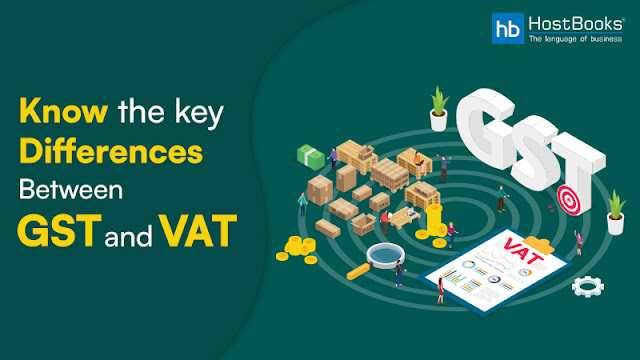All you need to know about Payroll software
Payroll software is used to manage, streamline, and automate employee payments. The software is designed to help businesses of sizes stay in compliance with taxes and other financial rules while lowering costs. Payroll includes a tonne of background work because it involves more than just calculating paychecks. However, by standardizing processes, choosing the best service delivery model, and managing payroll operations with contemporary technology, all these complexities can be handled easily.
How does it work?
In order to ensure that employees are compensated accurately, timely, and in the right way, payroll software connects with other crucial business processes (such as direct deposit, check, or payment card). The software is usually accessible by employees, who can update their personal data, payment preferences, and other specifics.
For employers, payroll systems must be dependable, simple to set up, and flexible enough to manage and automate payments to workers of all types (including paid and hourly employees, temporary and gig workers, and others), at various locations across the world.
The purpose of payroll software in businesses
Payroll management software enables you to disburse salary through any bank using a variety of payment methods, including checks and bank transfers. The payroll management system is used by millions of businesses worldwide to manage employee salaries. Let’s have a look at some major reasons why online payroll software is necessary for businesses.
Efficiency and punctuality - Payments to employees can be difficult and time-consuming, particularly with mergers and acquisitions, new recruits, and changing regulations. Employers can use payroll software to ensure that employees are paid accurately and on time always, fostering employee confidence and trust.
Accountability - Personnel costs are typically an organization's largest expense. The integration of payroll software with other company functions like accounting and finance enables firms to stay within their budgets, provide reports on time, and make long-term plans.
Scalability and adaptability - Payroll services make it simple to adapt when a business needs change. For example, the software automatically implements new rules when a new office location with different taxes and regulations opens, saving time on entering employee data.
Additional time for complex activities - The payroll process helps businesses save hours each month compared to traditional and old alternatives, giving them more time to invest in other important business operations.
Benefits of cloud-based payroll software
One of the major advantages of cloud-based payroll solutions is the accessibility of data from any location using a desktop computer or mobile device. The best payroll software offers a straightforward, standardized user experience across all platforms. For example, the dashboard has intuitive interactions and has the same appearance on a mobile device as it does on a desktop, hence lowering the need for help desk calls from employees.
The majority of cloud-based payroll systems have preconfigured choices, but they also make it simple to modify procedures and checklists as business requirements evolve. With the addition of new positions, compensation structures, and other complexities, on-premises solutions can easily become fragmented and riddled with errors. However, cloud-based systems scale quickly, preserving simplicity regardless of deadlines, approvals, task owners, and dependencies included in a particular payroll process.
Development of payroll software in the future
Payroll systems are expected to become more flexible in the next years to meet the expanding range of job roles and compensation schemes. An increasing number of different wage earners and gig workers, many of whom will work remotely, will join nine to five salaried employees.
In order to provide compensation in several ways, such as per project, contract term, and different pay intervals, having flexible payroll systems will be essential. Workflows will be streamlined and automation will be improved with the help of business intelligence and AI.
Watch NOW!




Comments